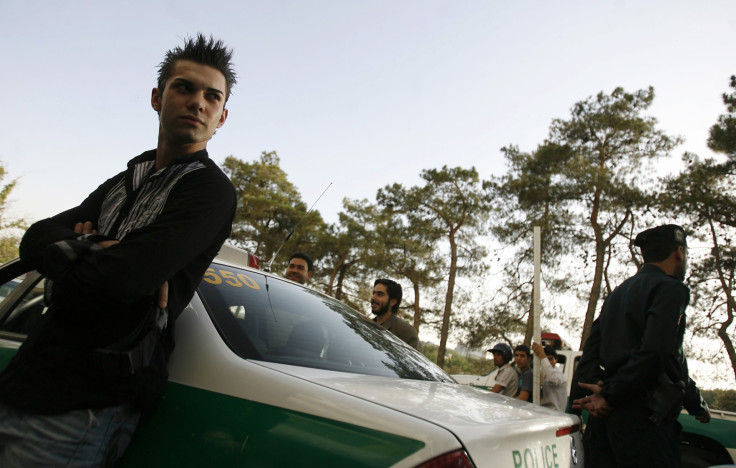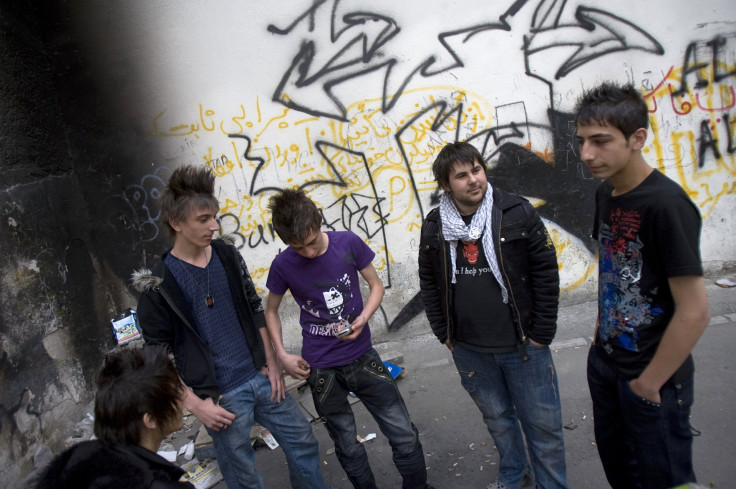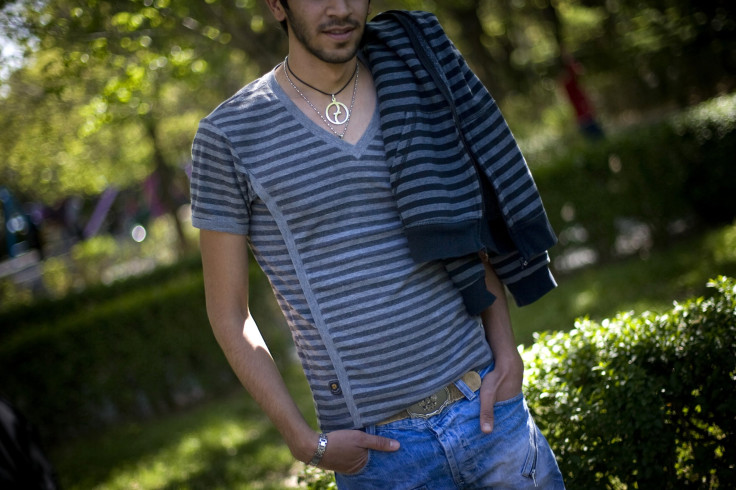Iran ‘Homosexual’ Fashion Ban: The Newest Front In Annual Summer Crackdown On ‘Un-Islamic’ Styles

Iran’s annual summertime crackdown on Western-style fashions is already ramping up, and this year authorities have their sights set on what they describe as “homosexual,” “devil worshipping” fashion. While the Islamic Republic’s strict public dress code has in the past disproportionately targeted women, who are required to be covered from head to toe, men in Iran will also have to be careful about what they wear on their heads, as officials get tough on hairstyles they say violate the country’s Islamic regulations.
“Haircuts that show symbols or signs of devil worshippers or those adopted by homosexuals are banned,” Mostafa Govahi, the head of Iran’s barbers’ union, told the semiofficial ISNA news agency, in comments reported by the Guardian on Tuesday. “Any shop that cuts hair in the devil worshipping style will be harshly dealt with and their licence revoked.” Gohavhi was also quoted as saying that barbers across the country had been given a list of approved hairstyles for men, without providing details about specific styles that would come under the ban.

This is not the first time that authorities in the country have attempted to impose uniform regulations on male hairstyles in the face of growing, foreign-inspired trends. In 2010, the government banned mullets, ponytails and long hair, along with overly gelled or spiked hairstyles in what the Ministry of Culture described as an effort to free the country of “decadent” Western cuts. The following year, authorities also instituted a ban on necklaces worn by men as part of its “moral security plan.”

As much as these sorts of crackdowns have almost become an annual tradition in Iran as warmer temperatures inspire seasonal wardrobe changes, the new regulations nonetheless fly in the face of moderate Iranian President Hassan Rouhani’s stated opposition to the strict enforcement of Islamic dress codes. In a controversial speech last year, the leader called for more freedom and rights for Iranians while arguing that the state should stop “interfering in people’s lives.” Hardliners have pushed back, urging the president to get serious about the country’s dress code.
As conservative and reform forces within government have faced off on the issue, the country’s religious police have continued their campaign of targeting Iranians in public places who are perceived to be flouting dress regulations -- although some argue that their presence has been visibly scaled back since the beginning of Rouhani’s tenure.
Regardless of the scale of these crackdowns, some Iranians have continued to ignore the country’s strict morality regulations in more private settings. The most notable recent evidence surfaced late last year after the social media activity of young, wealthy Iranians caused a stir by featuring decadent lifestyles full of partying, alcohol and bikinis.
Friday Night! #Tehran. pic.twitter.com/9efOkmp0J0
— Mona (@RichKidOfTehran) January 23, 2015These glimpses into the lives of this subset of Iranian society have highlighted the uneven application of morality regulations, revealing that whatever the official state policy may be, the country’s elite is largely able to remain shielded from the interfering presence of the religious police in certain private and semiprivate settings.
© Copyright IBTimes 2024. All rights reserved.






















